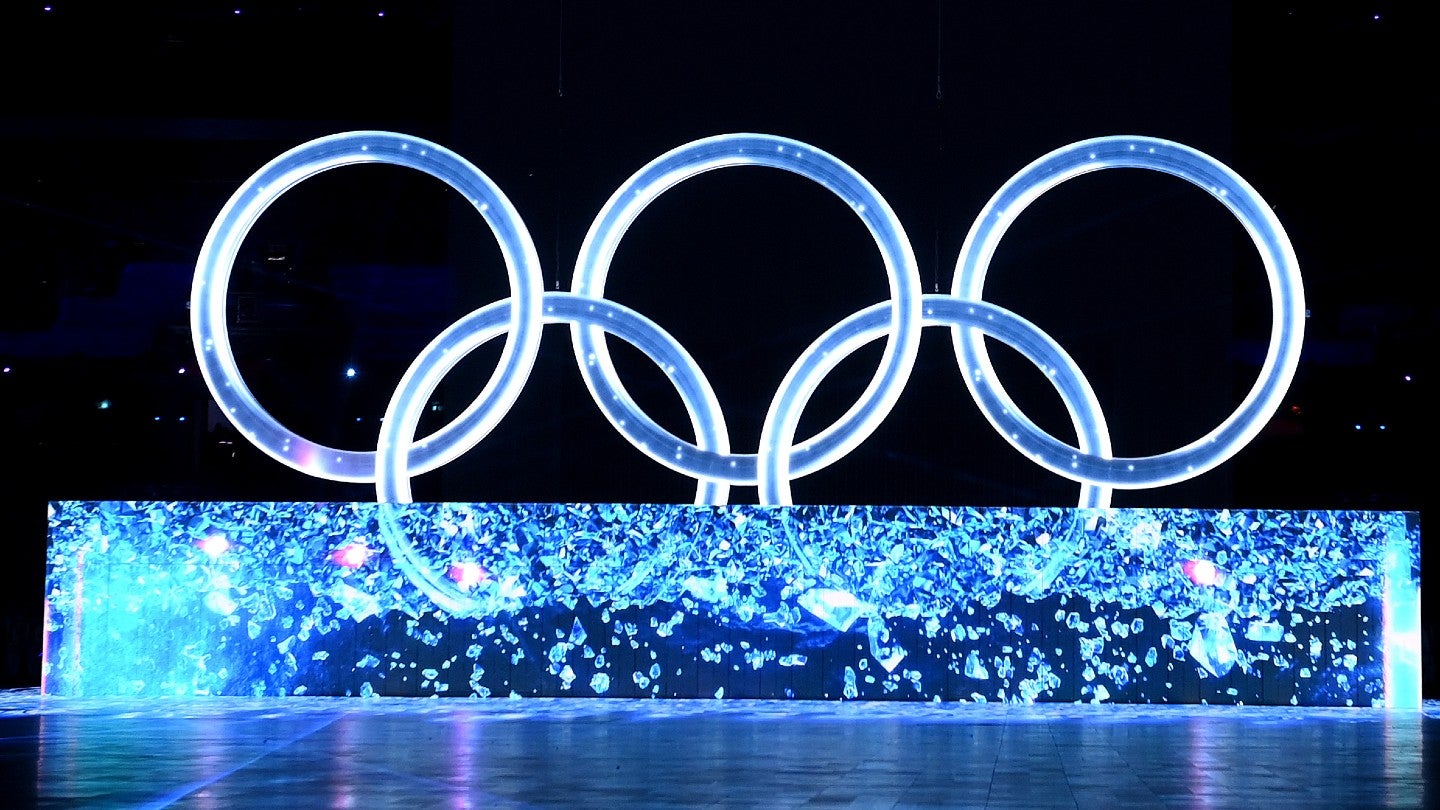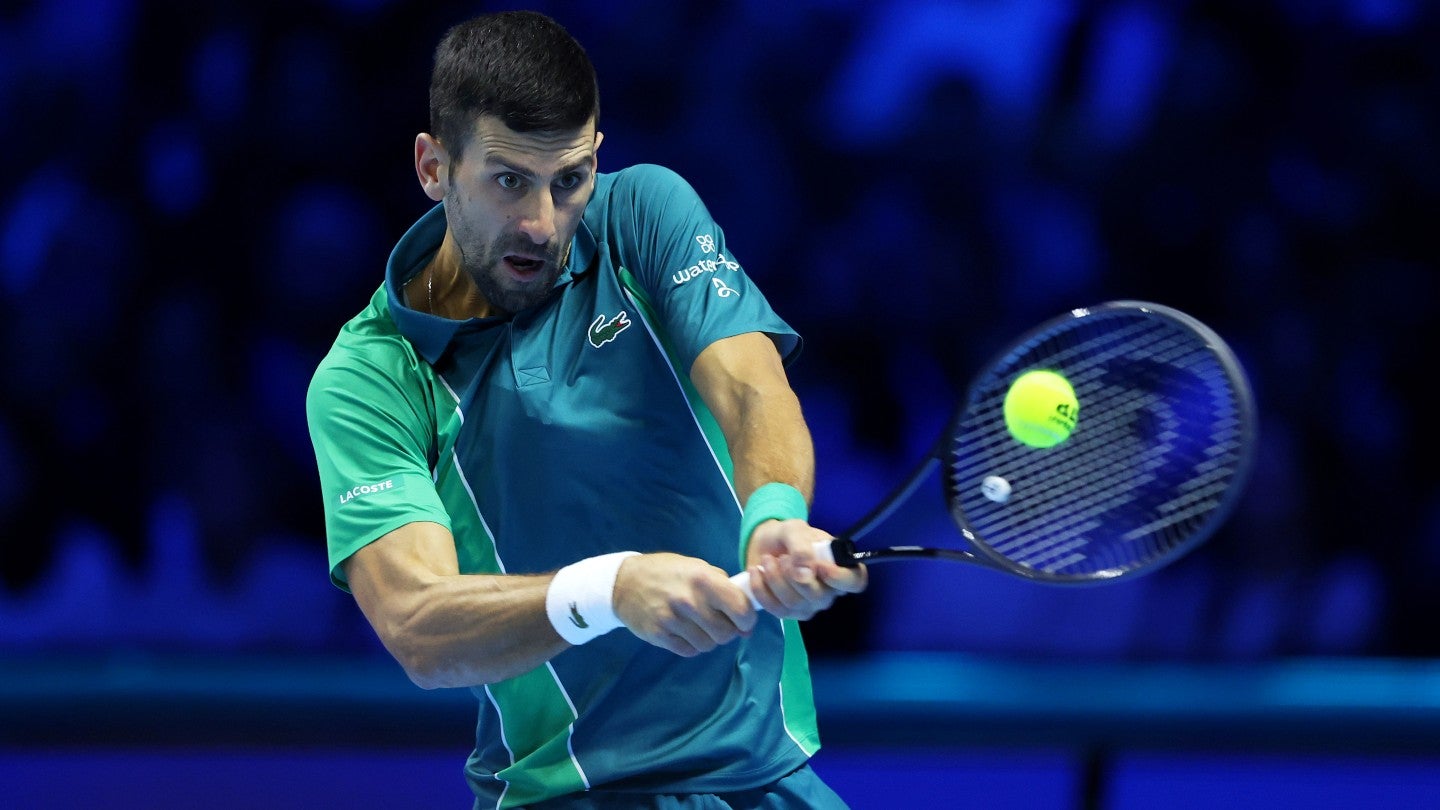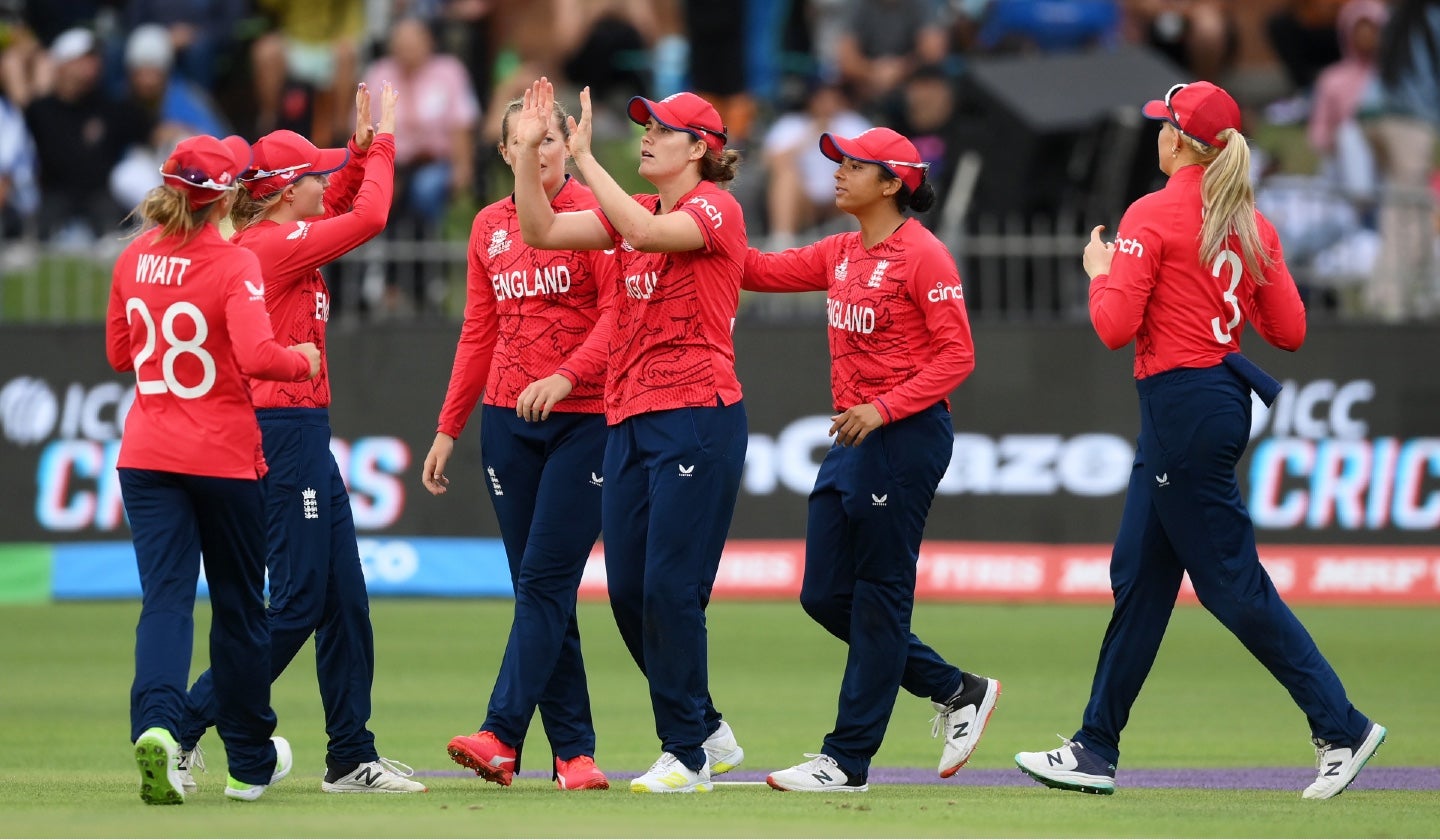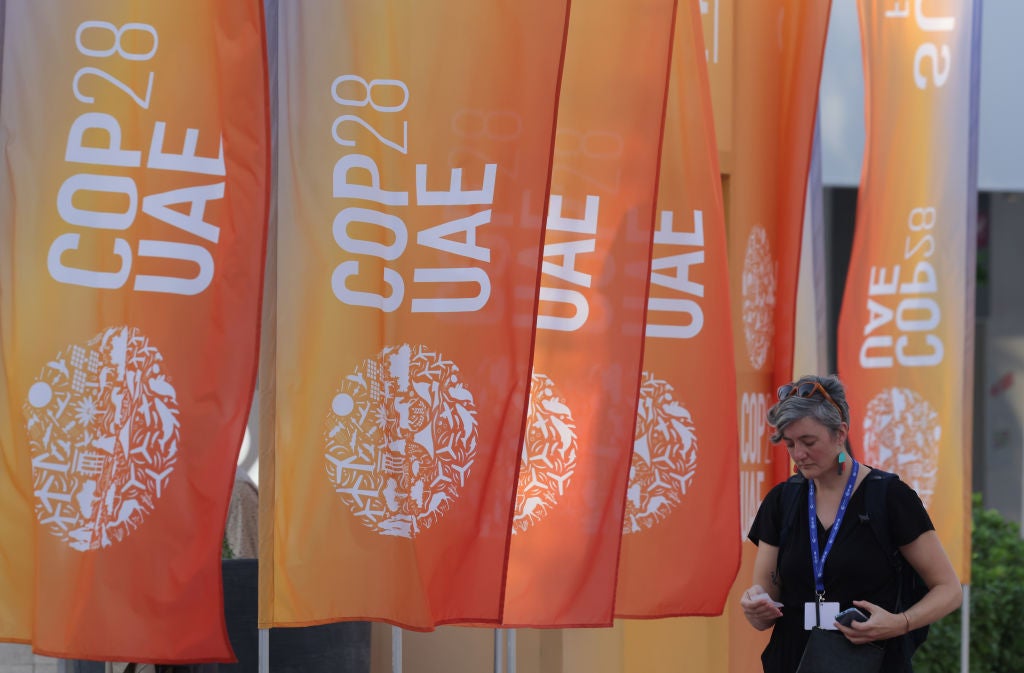The deal
The French Alps and Salt Lake City-Utah in the US have been named as the sole candidates to host the 2030 and 2034 Winter Olympics and Paralympics by the International Olympic Committee (IOC).
Karl Stoss, head of the IOC’s Future Host Commission (FHC), said the two bids have now been recommended for “targeted dialogue,” which involves the body engaging in discussions with the officials of both countries, about hosting those Winter Games.
Should talks prove successful, the FHC will recommend awarding the 2030 games to France and the 2034 edition to Salt Lake City at the IOC’s next session, which is expected to take place in Paris, France in the day leading up to the 2024 summer Olympics.
France, which is preparing to host next year’s Olympics, has hosted the Winter Games three times in 1924 (Chamonix), 1968 (Grenoble), and 1992 (Albertville).
The country’s 2030 bid, which beat submissions from Sweden and Switzerland, is based around Meribel, Courchevel, and Cal d’Isere for alpine skiing, while La Clusaz will stage Nordic events. The Olympic Village will be based in Nice, which will also host skating events.
Salt Lake City, meanwhile, was the only bid for the 2034 edition and includes 100% existing or temporary venues all within one of the Athletes Village.
Plans include using the University of Utah’s American football stadium for opening and closing ceremonies, the NBA’s Utah Jazz arena for figure skating and short-track speed skiing, and several ski and snowboarding events in Park City.
As a consolation, Switzerland’s bid has now been given “privileged dialogue” for potentially hosting the 2038 Winter Games.
Koss said: “What really stood out about the French Alps and Salt Lake City-Utah projects was their vision for the athlete experience, their alignment with regional and national socio-economic development plans, and their very strong support from the public and from all levels of government.
“The Commission felt strongly that the other interested parties would benefit from more time to optimize the athlete experience of their future games, and to continue to build on their burgeoning foundations of public and political support.”
The detail
Bidding for the summer and Winter Olympic Games has recently undergone a reform, with the IOC entering a targeted dialogue with what it deems as a “preferred host” candidate rather than holding a traditional bid race with multiple candidates where IOC members get a final vote.
This method was used to choose Brisbane, Australia as the host of the 2032 summer Olympics in July 2021 after the IOC entered targeted dialogue with Australian officials five months beforehand.
Hosts for both editions will be awarded simultaneously under changes formally approved by IOC members during its session in Mumbai, India on October 15 to give the FHC more time to assess the prospects for winter sports.
At the time, Stoss outlined the challenges posed by climate change following the commission’s study, including that only 10 countries are projected to be able to host the Winter Games in 2040 under IOC requirements to use mostly existing venues and a lack of countries projected to have suitable temperatures at the time.
He said that further assessment of the issues called for a double award for 2030 and 2024 – a move backed by IOC president Thomas Bach after longstanding 2030 favorite Sapporo, Japan, officially withdrew from bidding amid public scrutiny following various Tokyo 2020 corruption scandals.
The IOC has awarded hosting rights to two Olympic and Paralympic Games simultaneously once before - in 2017, when members voted for the 2024 and 2028 Summer Games to be given to Paris, France, and Los Angeles, US, respectively.
The last edition of the Winter Olympic and Paralympic Games was staged in Beijing, China in 2022, while the next edition will be hosted by Milano-Cortina, Italy in 2026.
Why it matters
It is becoming increasingly harder to find financially able hosts that have the infrastructure to stage big multi-sports events – even more so for the Winter Olympic Games as the pool of countries with appropriate levels of snow becomes smaller on the back of climate change.
The IOC will be keen to lock in its two preferred hosts quickly and secure the future of its flagship winter event, given the headlines surrounding the Commonwealth Games, which has seen several potential hosts pull out due to increasing costs associated with staging the events, as well as diminishing public interest.
Meanwhile, organizers of the Paris 2024 Olympics have been dogged by transport and logistics issues in the run-up to hosting their event.
Conrad Wiacek, head of analysis and consulting at Sportcal (GlobalData Sport), said: “The IOC has been struggling to find hosts for the Winter Olympics specifically in recent years. With the costs of staging the games escalating rapidly, the IOC has seen public referendums on hosting the games being lost with alarming regularity.
“The IOC has lost referendums in Munich, Krakow, Budapest, Davos, Hamburg, and Innsbruck, largely due to the cost associated with hosting the events, leaving the IOC with Azerbaijan and China as the only choice for the most recent Winter Games.
“As with other mega-events, such as the Commonwealth Games, finding host cities willing and able to take on the costs of hosting in the face of mounting public pressure regarding the benefits leaves the IOC in the tricky position of only being able to deal with despotic regimes that have questionable human rights records.
“The fact that the IOC has now foregone the bidding process entirely, removing the possibility of further humiliation by losing public votes, speaks to the challenges the organization faces when hosting mega-events.
“While not restricted to the Winter Games – the process when awarding the 2032 summer Olympics to Brisbane was similarly murky – the challenges associated with climate change should also not be discounted, as a warming planet makes finding viable host cities ever more challenging.”
Further reading
Paris, LA28, and the rise of Olympic streaming coverage - IOC's Parmentier
Analyst Briefing - Doubts linger as French organizers continue to face issues over Paris 2024
Post-Event Analysis - Olympic Winter Games 2022
The Business of the Olympic Winter Games Beijing 2022















